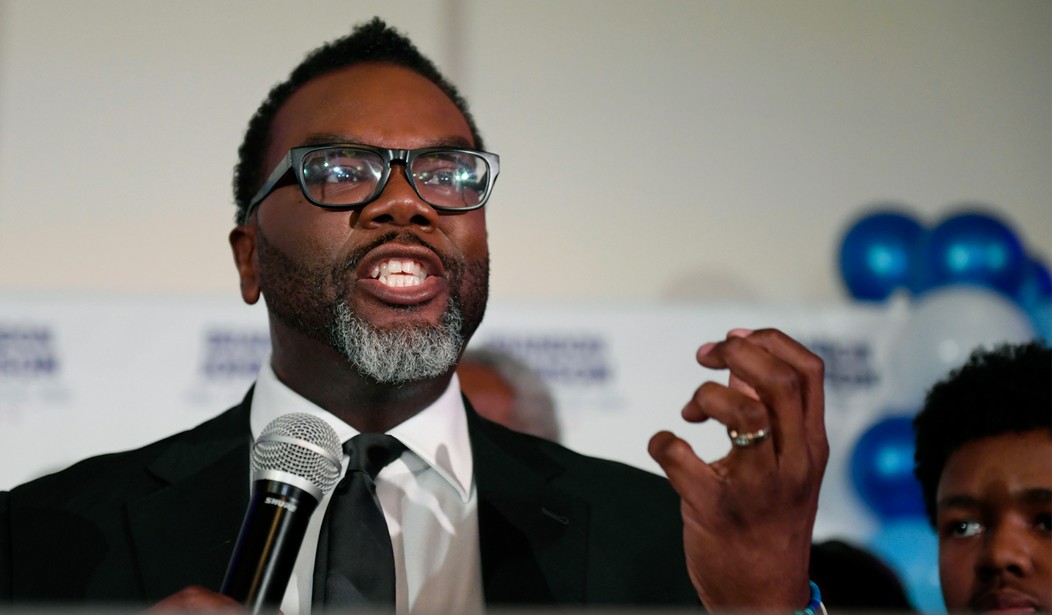“We’ll cap oil and gas sector emissions today and ensure they decrease tomorrow at a pace and scale needed to reach net-zero by 2050,” said Trudeau. While the prime minister admits this is “no small task for a major oil and gas producing country,” it’s also clear that he does not want the world to think of us as a burgeoning energy superpower.
Trudeau set the stage for this announcement last week, when he installed climate change ideologue Steven Guilbeault as environment minister and moved green-energy activist Jonathan Wilkinson to natural resources, thus setting the stage for a co-ordinated effort to achieve the goals long sought after by the environmental movement: to cap Canadian energy production and halt development of the oilsands.
Ten years ago, these were the pie-in-the-sky goals of the radical environmental movement; today, it is official government policy.
Not that any of this should come as a surprise. The Liberal platform from the last election explicitly stated that that the party would ensure “that pollution from the oil and gas sector doesn’t go up from current levels.” Last week, Guilbeault said that he would use “legislation and regulation” to ensure “that emissions from oil and gas are capped at current levels and diminish over time,” given the federal government doesn’t actually have the authority to curb production.
Despite being upfront about their intention to make the energy industry do all the heavy lifting to achieve Canada’s climate commitments — after all, GHG emissions from the transportation sector are roughly equal to the energy industry, but Trudeau has no plans to limit the number of planes in the sky or trucks on the road — it is nevertheless shocking that the Liberals would look to hamper an industry that , in 2019, accounted for 10 per cent of Canadian gross domestic product and supported over 832,500 direct and indirect jobs.
That these objectives would be pursued at a time when the economy is still reeling from the pandemic shows even more hubris and lack of judgment.
A major theme of Trudeau’s speech in Glasgow was that Canada is leading by example. “I call on other countries to do the same. Just as globally we’ve agreed to a minimum corporate tax, we must work together to ensure it is no longer free to pollute anywhere in the world,” Trudeau said of his high carbon taxes.
He then proceeded to tell world leaders that his pledge to curb oil and gas emissions was “a major commitment,” and that other resource-rich countries should follow his lead. Which is really what this is all about. After all, Canada accounts for less than 1.5 per cent of global emissions. We have no ability to unilaterally affect global temperatures.
Article content
All we can do is virtue signal and hope other oil-producing states — like Venezuela, Saudi Arabia, Iran and Russia — institute similar emissions targets, and that energy-consuming states — like China and India — drastically reduce their reliance on fossil fuels. Neither scenario is likely to play out the way Trudeau hopes.
What is certain is that our energy sector, and thus our economy as a whole, will pay the price, because setting a hard cap on oil and gas emissions is effectively saying the industry has little or no ability to grow. The government could have chosen to cap emission intensity, mandating that the amount of greenhouse gases produced by each individual well or project must decrease over time. This would have allowed the industry to continue expanding, while ensuring that it becomes more energy efficient, effectively balancing environmental protection with economic growth.
Article content
Capping emissions and ensuring the limit decreases over time will box the industry into a corner: it will mean that the sector will not only have to cut emissions to maintain production at current levels, but will need to take drastic measures if it hopes to have any ability to expand.
Complying with the government’s net zero by 2050 target is something the industry has already taken steps to achieve. On Oct. 21, the Oil Sands Pathways to Net Zero initiative, a partnership between five of Canada’s largest oil and gas companies, announced a plan to achieve that goal through technologies such as carbon capture and storage and using cleaner sources of energy to power oilsands operations.
Optimally, the government would work with these companies to ensure regulations aren’t so stringent, or implemented so quickly, as to cause undue economic harm and scare away investment. Trudeau’s cabinet picks made clear that he has no intention of striking a productive relationship with these businesses.
Article content
The government should also be working with Alberta to ensure federal policy doesn’t cause undue damage to the province’s economy. Yet Alberta Premier Jason Kenney said on Monday that he tried to reach out to Ottawa to discuss emissions targets, but “never really received a response to that inquiry.”
Clearly, Trudeau failed to learn the lessons of his father, whose disastrous National Energy Program set up a tumultuous relationship between Ottawa and western Canada. Trudeau the younger has once again created an adversarial relationship between the province that relies on natural resources to put food on the table, and a federal government that wants to use those resources to further its own political ends.
Jesse Kline: Trudeau declares war on Alberta oil | National Post


No comments:
Post a Comment